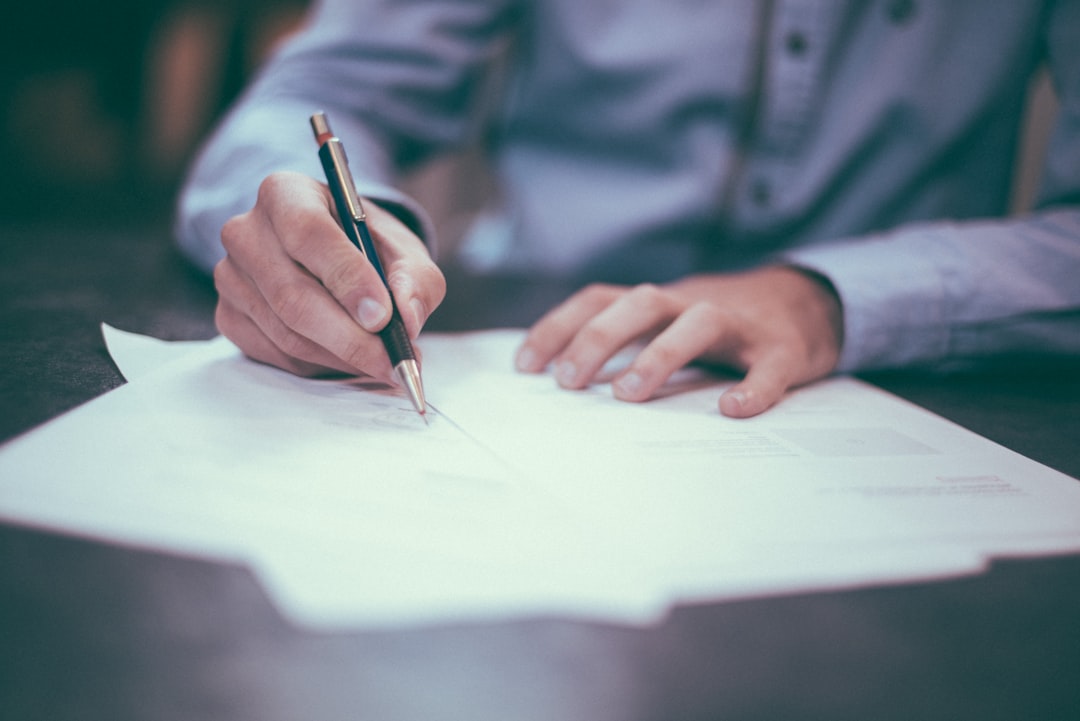In today’s fast-paced world, unexpected events can happen at any time. From medical emergencies to job loss, having an emergency fund can provide you with financial security and peace of mind during times of crisis. In this blog post, we will explore the importance of having an emergency fund and why it is essential for financial stability.
An emergency fund is a savings account that is specifically set aside to cover unexpected expenses or financial emergencies. It is different from a regular savings account in that it is not meant to be used for everyday expenses or long-term savings goals. Instead, an emergency fund is there to provide you with a financial cushion in case of unforeseen circumstances.
One of the main reasons why having an emergency fund is so important is that it can help you avoid going into debt when unexpected expenses arise. Whether it’s a sudden medical bill, car repair, or home maintenance cost, having money set aside in an emergency fund can help you cover these expenses without having to rely on credit cards or loans. By using your emergency fund to cover these costs, you can avoid going further into debt and save yourself from high interest payments that can snowball over time.
Having an emergency fund also provides you with financial security and peace of mind. Knowing that you have money set aside for unexpected expenses can give you a sense of security and stability, even in times of crisis. This can help reduce stress and anxiety over financial matters, allowing you to focus on other important aspects of your life without worrying about how you will cover unexpected expenses.
In addition, having an emergency fund can help you maintain your standard of living during times of financial difficulty. Whether it’s due to a job loss, unexpected medical expenses, or a natural disaster, having money set aside in an emergency fund can help you keep up with your bills and expenses until you are able to find a new source of income. This can prevent you from having to make drastic lifestyle changes or drastic financial decisions in order to make ends meet.
Another important reason to have an emergency fund is to protect your long-term financial goals. Without an emergency fund, unexpected expenses can derail your progress towards saving for retirement, buying a home, or achieving other important financial goals. By having money set aside in an emergency fund, you can ensure that you stay on track with your long-term financial plans, even when unexpected expenses arise.
So, how much should you have in your emergency fund? Financial experts generally recommend having three to six months’ worth of living expenses saved in an emergency fund. This amount can vary depending on your personal circumstances, such as your income, monthly expenses, and your job security. For example, if you have a stable job and minimal expenses, you may be able to get by with a smaller emergency fund. On the other hand, if you have a variable income or high monthly expenses, you may want to aim for a larger emergency fund to cover your living expenses for an extended period of time.
Building an emergency fund can take time and discipline, but the rewards are well worth the effort. Start by setting a savings goal for your emergency fund and committing to setting aside a portion of your income each month until you reach that goal. You can automate your savings by setting up automatic transfers from your checking account to your emergency fund or setting up direct deposit from your paycheck. By making saving for emergencies a priority, you can build a solid financial foundation that will protect you in times of crisis.
In conclusion, having an emergency fund is essential for financial stability and peace of mind. By setting aside money for unexpected expenses, you can avoid going into debt, maintain your standard of living, and protect your long-term financial goals. Start building your emergency fund today and take control of your financial future. Your future self will thank you for it.
